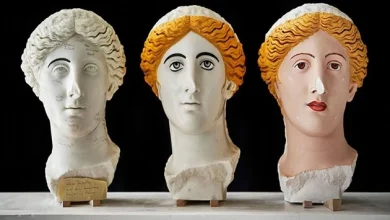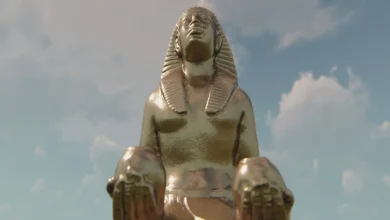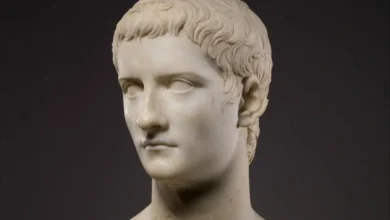What caused the “Dog War”? The Madness of the Greek General Pangalos
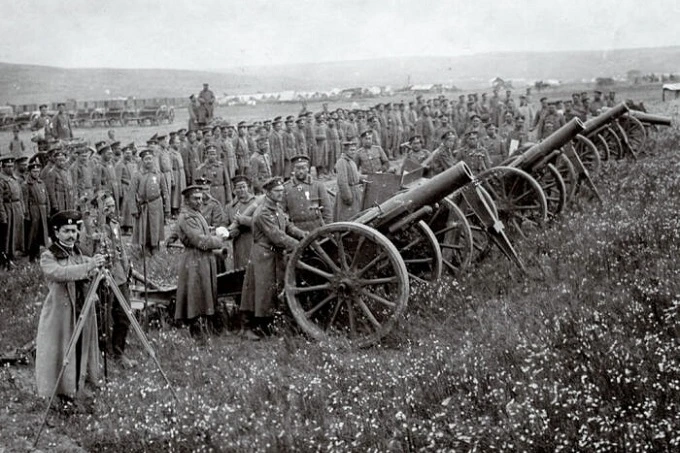
Greece had a difficult time in the twentieth century. After the “Asia Minor calamity”, the country’s precarious predicament demanded an immediate and dramatic answer. Everything fell apart. General Pangalos became the man entrusted with Greece’s rescue. However, he quickly started to do unusual things, and everyone realized the tyrant was not himself.
When the Greeks were poised to seize Constantinople in 1922, they found themselves in a tough position. On the other hand, Mustafa Kemal organized a completely combat-ready army and reached an agreement with Lenin, who supplied military and financial support. The Greek army began to retreat throughout the whole front line, and the nation was on the verge of collapse.
Then, in circles surrounding the government, the figure of the brilliant and confident General Theodoros Pangalos appeared. He managed to instill hope for a path out of challenges through his energy and cheerfulness.
Giannakis Meletis, a major combatant in the Greek Revolution, was a descendant of the Pangalos family. Theodoros was a graduate of a military institution who had studied in France and was a guy of exceptional ability.
True, fanaticism existed in the military at the time. He was obsessively committed to Eleftherios Venizelos, a Greek revolutionary who viewed his mission as nothing less than transforming Greece into the Byzantine Empire by opposing King Constantine I. Venizelos was an Entente backer, and the king took clear pro-German statements.
Following this course, Theodoros Pangalos had his own goals, which increased by leaps and bounds throughout the Greek crisis. Pangalos distinguished himself as a staff officer during the Balkan conflicts of 1912-1913, hiding in the shadows at the service’s request.
Theodoros was given the opportunity to create a name for himself in 1916, when Venizelos authorized him to organize the Cretan Regiment and subsequently made him director of the War Ministry’s personnel department. Theodoros was appointed commander of an infantry unit fighting on the Macedonian front in 1918. However, Pangalos did not do anything noteworthy, and he was reassigned to the position of Chief of the General Staff.
The anti-monarchist revolt of Nikolaos Plastirasom occurred in 1922, heralding the establishment of the Second Hellenic Republic. And it was into these ranks that the Republican general was summoned. Theodoros rose even higher, becoming Minister of War and commanding the force he built to protect Macedonia and Thrace. And for a long time, he was able to withstand Turkish invasions with relative ease.
Pangalos was fired at the next transition of power, but he was re-instated in parliament, where he soon climbed to become Prime Minister. It was then that I realized Pangalos was not that straightforward. He established himself as a harsh, uncompromising, and bizarre leader, destroying press freedom, imprisoning opponents, and enacting unusual laws. The general was able to proclaim martial law and install himself as dictator. He soon became president as a result of manipulated elections, but his acts shocked even his closest allies.
Irrational choices
Pangalos’ regime was defined from the start by the repression of the Communist Party. Individual politicians initially backed the new ruler, portraying him as the face of a rebirth from the post-war chaos. Then came weird initiatives. Pangalos attempted to halve the currency’s value by ordering that banknotes be slashed in half.
The politician’s meager abilities rose to the surface. He granted Yugoslavia disproportionate commercial privileges in the region of Thessaloniki from the master’s shoulder. The order for women’s skirts was the next strange directive! Their length was expected to be no more than 30 centimeters from the ground. Theodoros’ wife is said to have been offended by the secretary’s slim legs, which caused a family scandal. However, in the autumn of 1925, the ruler made the most brazen action.
Dog-fighting
The Petrich Incident, often known as the Dog War, began on the Greek-Bulgarian border on October 19, 1925. According to the primary account, the Greek chased the dog off the leash and was shot dead by Bulgarians after crossing the border. The Greeks launched an attack, intending to bring a fallen comrade’s corpse to their area, but the Bulgarian border guards opened fire again. The Greek captain was killed in a gunfight that broke out.
The Bulgarian authorities described the event as a typical border misunderstanding, expressed concern for the results, and said that the problem would be resolved via discussions. The Greek authorities, particularly General Theodoros Pangalos, issued an ultimatum to the Bulgarians in response to these offers.
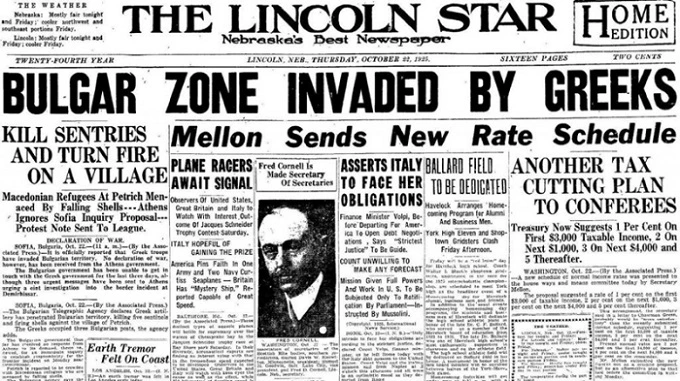
The opposing side was expected to undertake a thorough investigation of the occurrence within two days, harshly punish the culprits, publicly apologize, and compensate the families of the deceased border guards with two million French francs. At the same moment, Greek forces started to approach the battleground.
The Greek division entered Bulgaria without declaring war beyond the two-day deadline, following the instructions of Greek General Pangalos. A dozen battalions equipped with artillery, machine guns, and mortars crossed the border in a 30-kilometer area and into Bulgaria for ten kilometers, taking border settlements. The Greeks targeted Petrich, a strategically important city in the area, which was to be held until the Bulgarians met the ultimatum, according to Pangalos’ plan.
It had the odor of a worldwide conflict. The League of Nations was obliged to interfere in the fight, and the Greeks only lost a few hundred military soldiers. Bulgaria suffered losses of one officer, four privates, ten volunteers, and the same number of civilians at the same time. The League of Nations declared the Greeks aggressors and ordered them to pay 30 million leva in reparations.
Even his most ardent admirers now regarded Pangalos as insane. The old president was restored to power after the officers’ coup, and Theodoros was imprisoned. True, there was another amnesty shortly after and efforts to reclaim power, but the politician’s career was ended.

